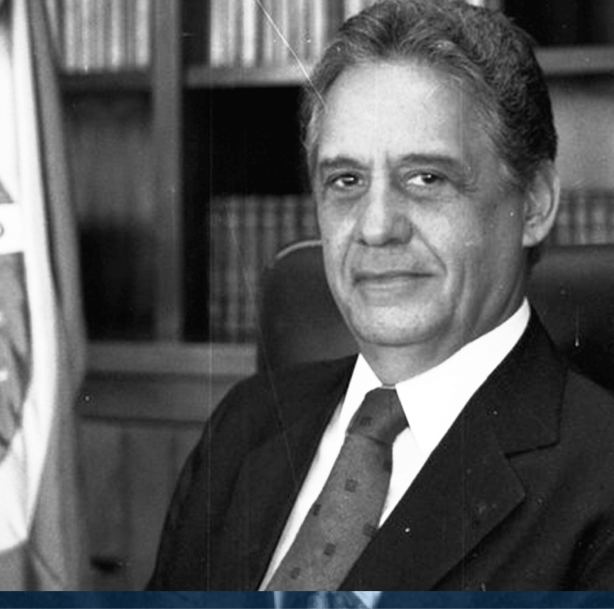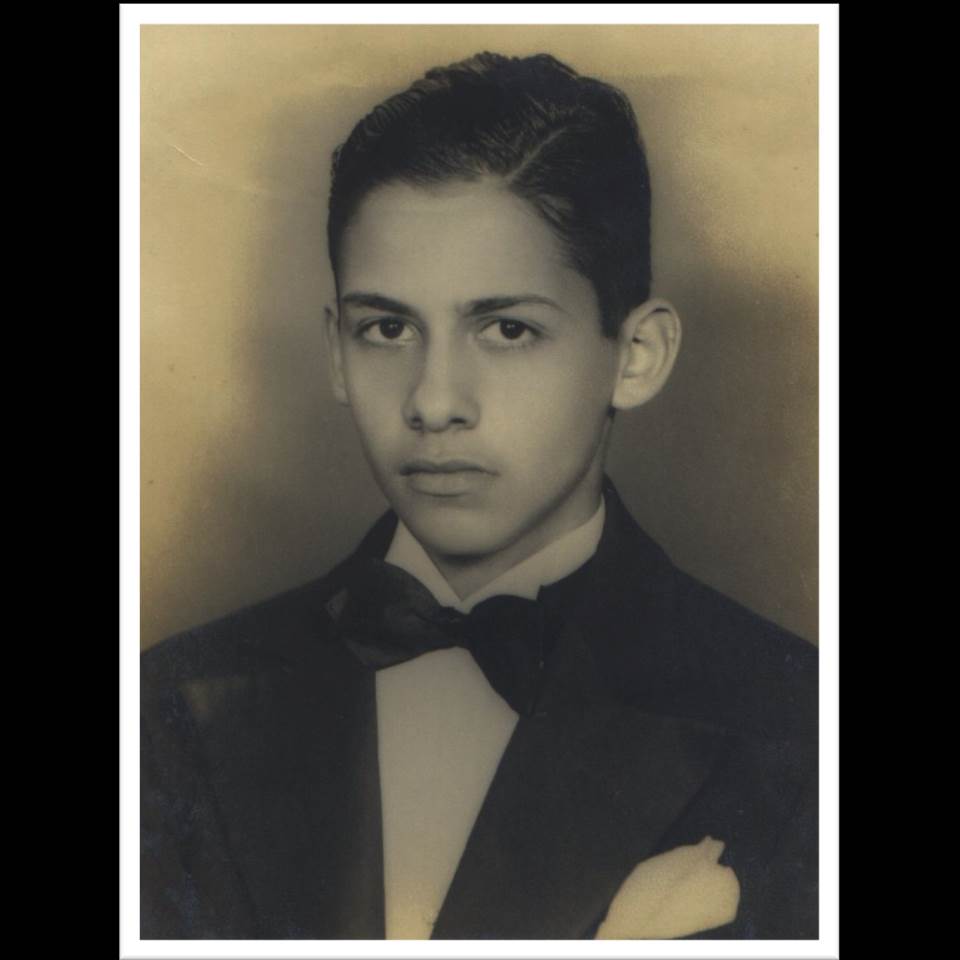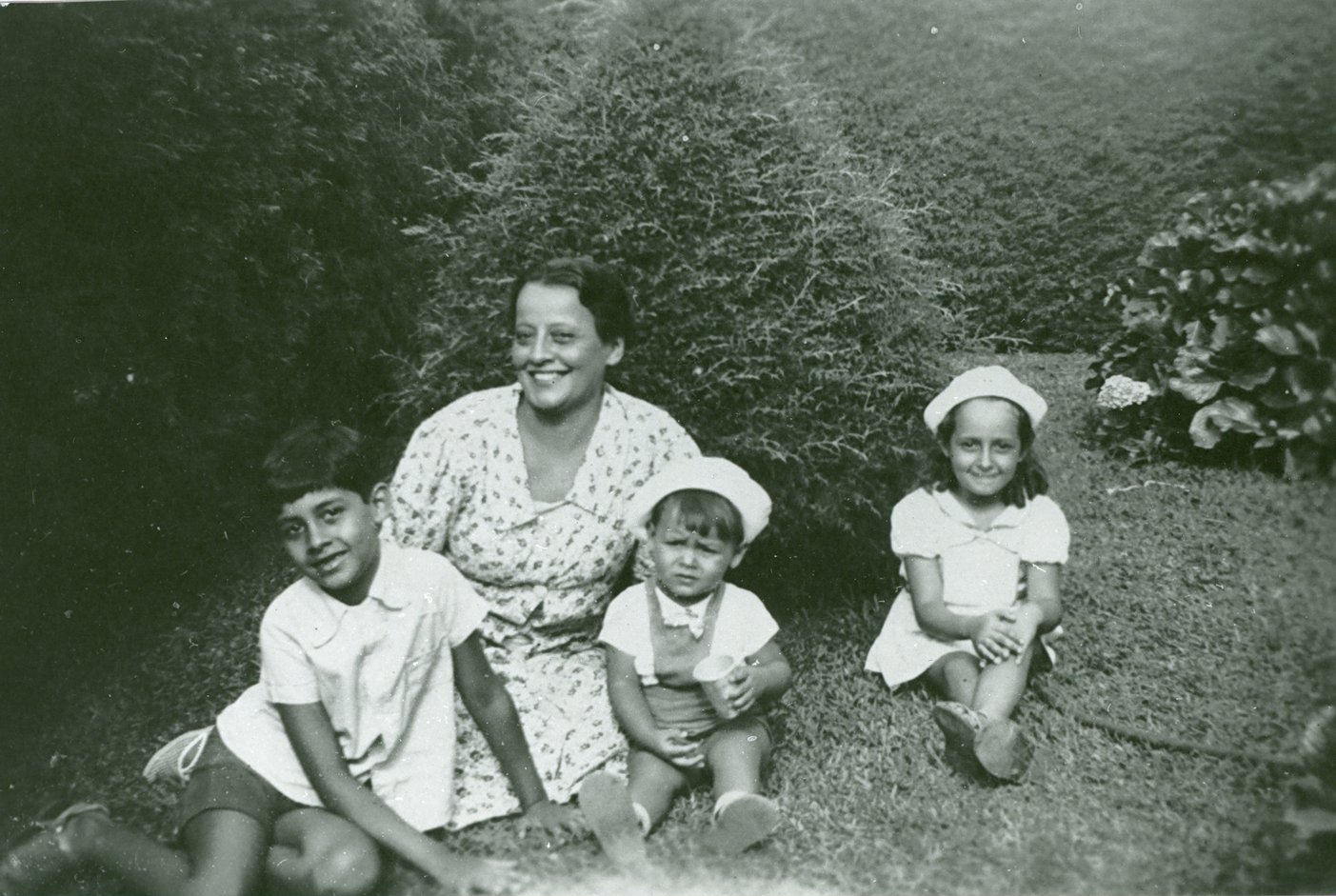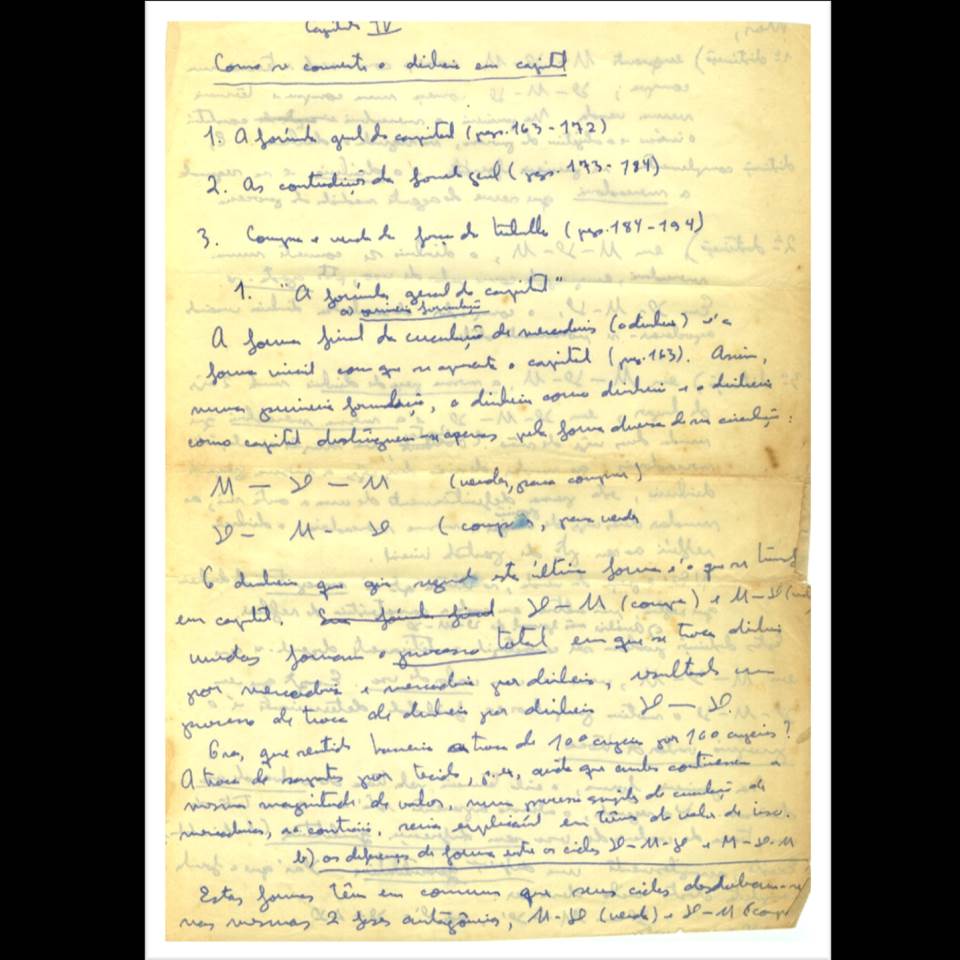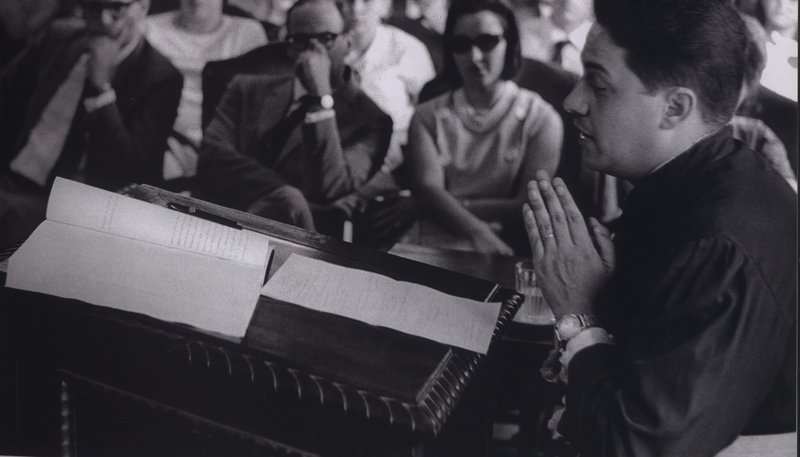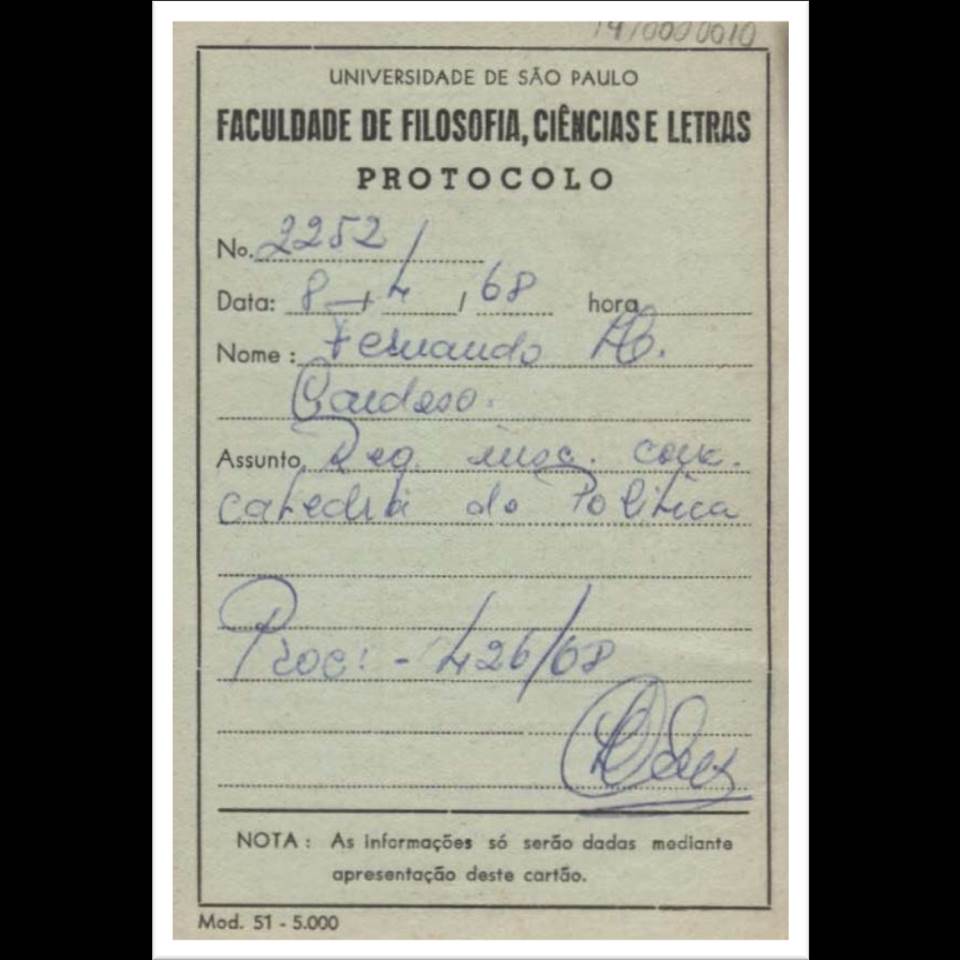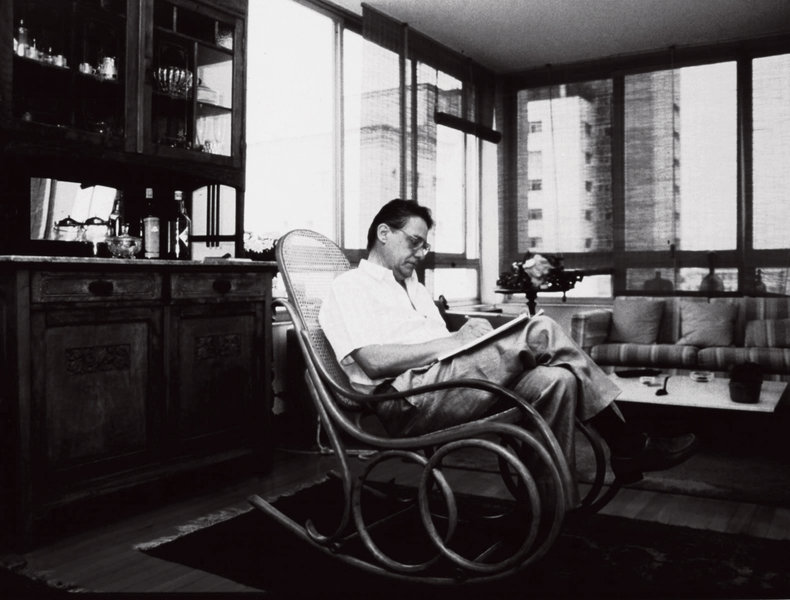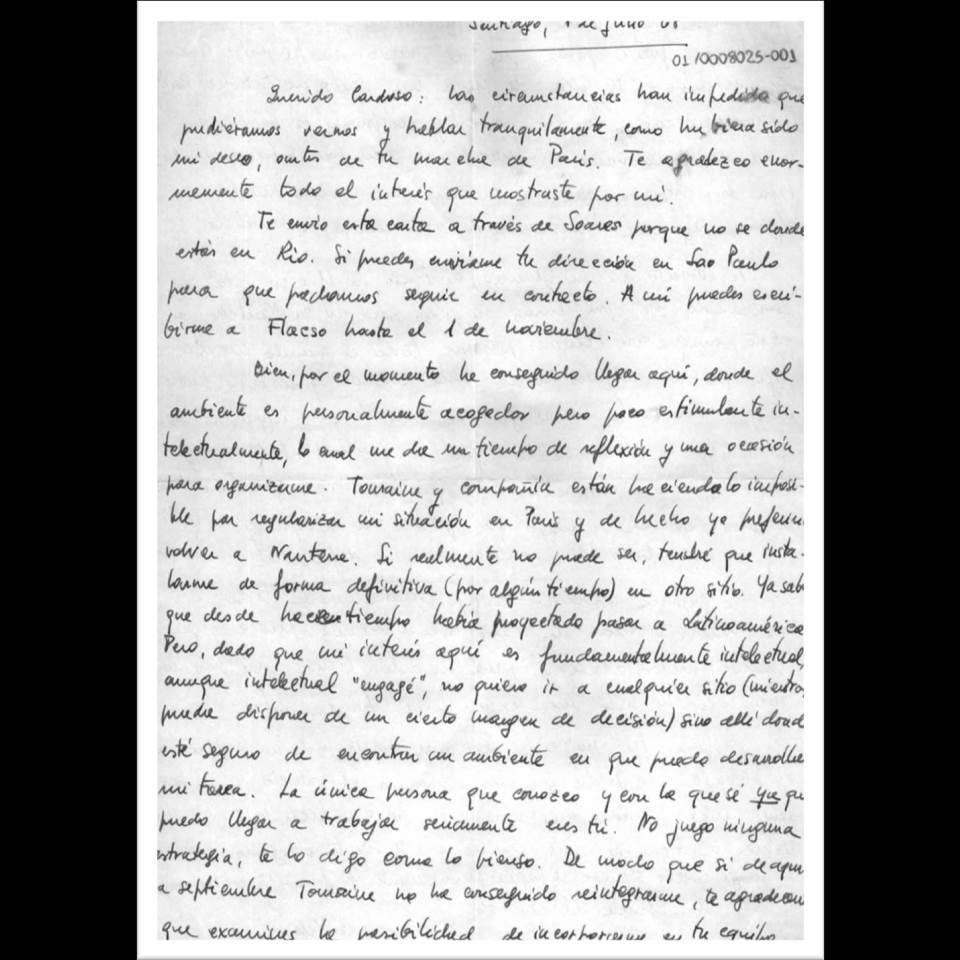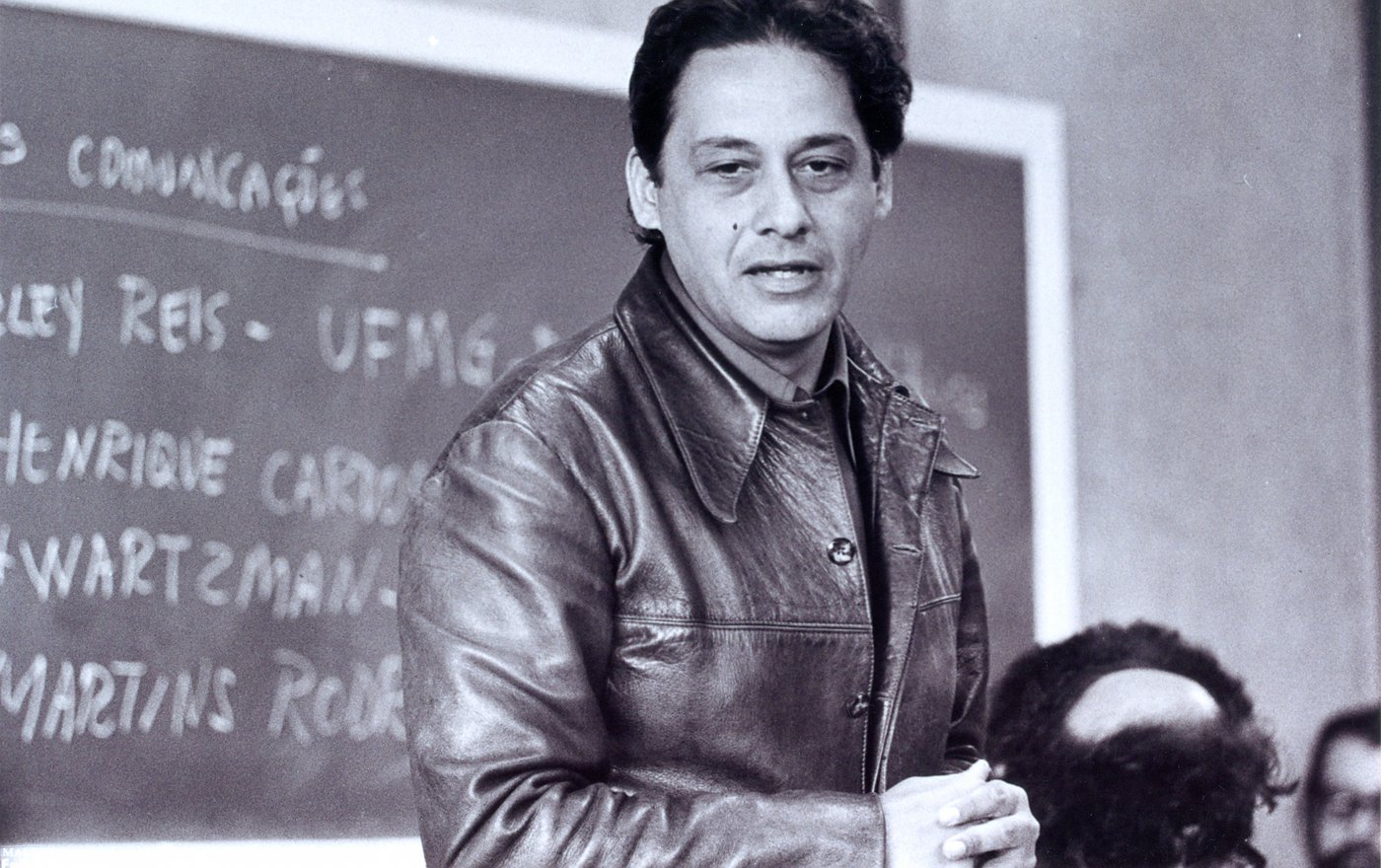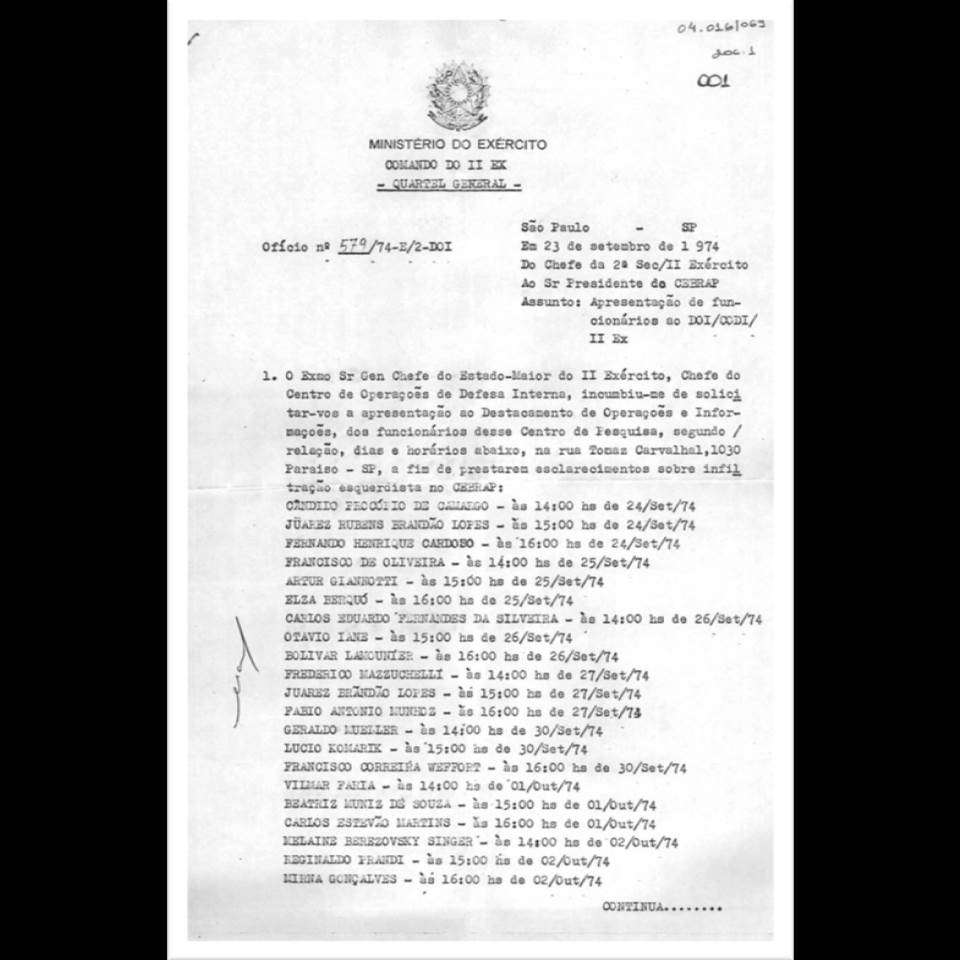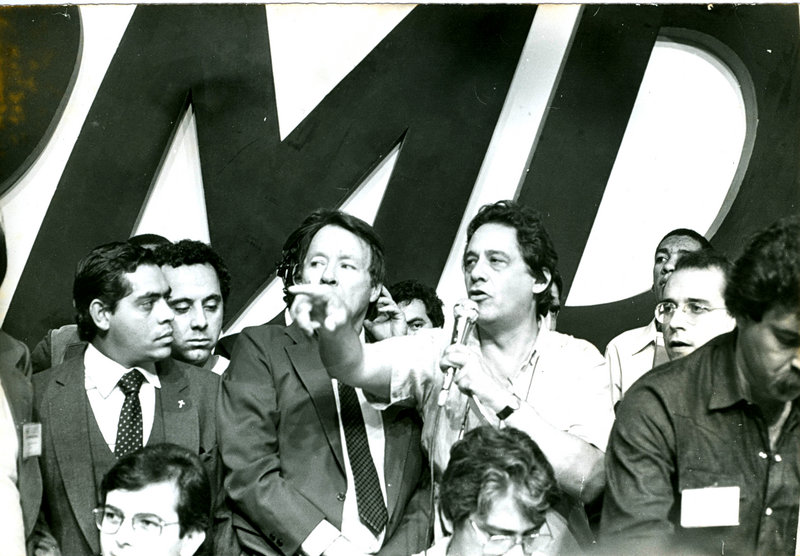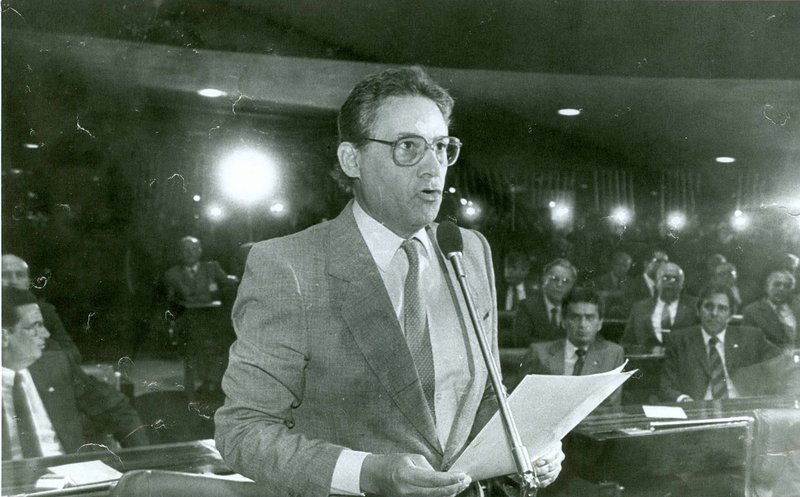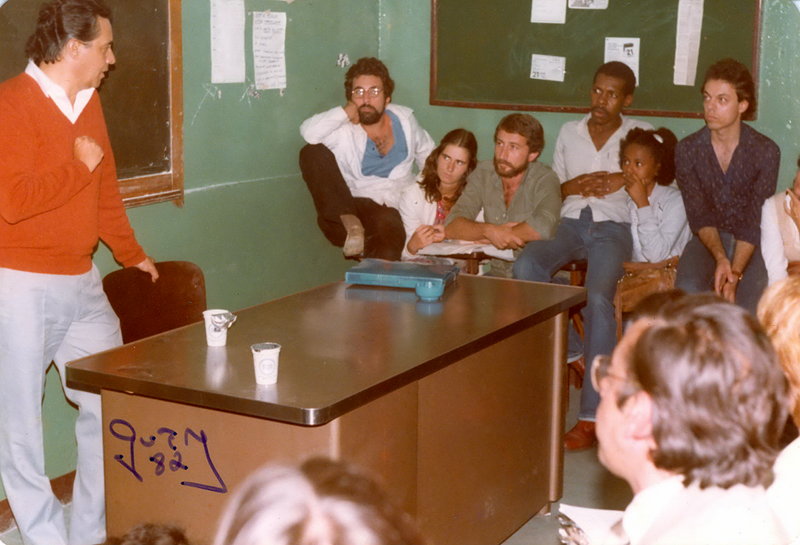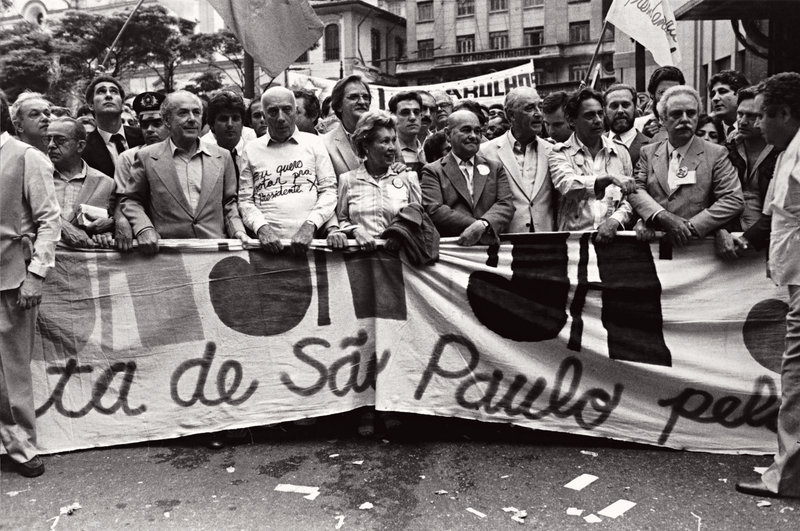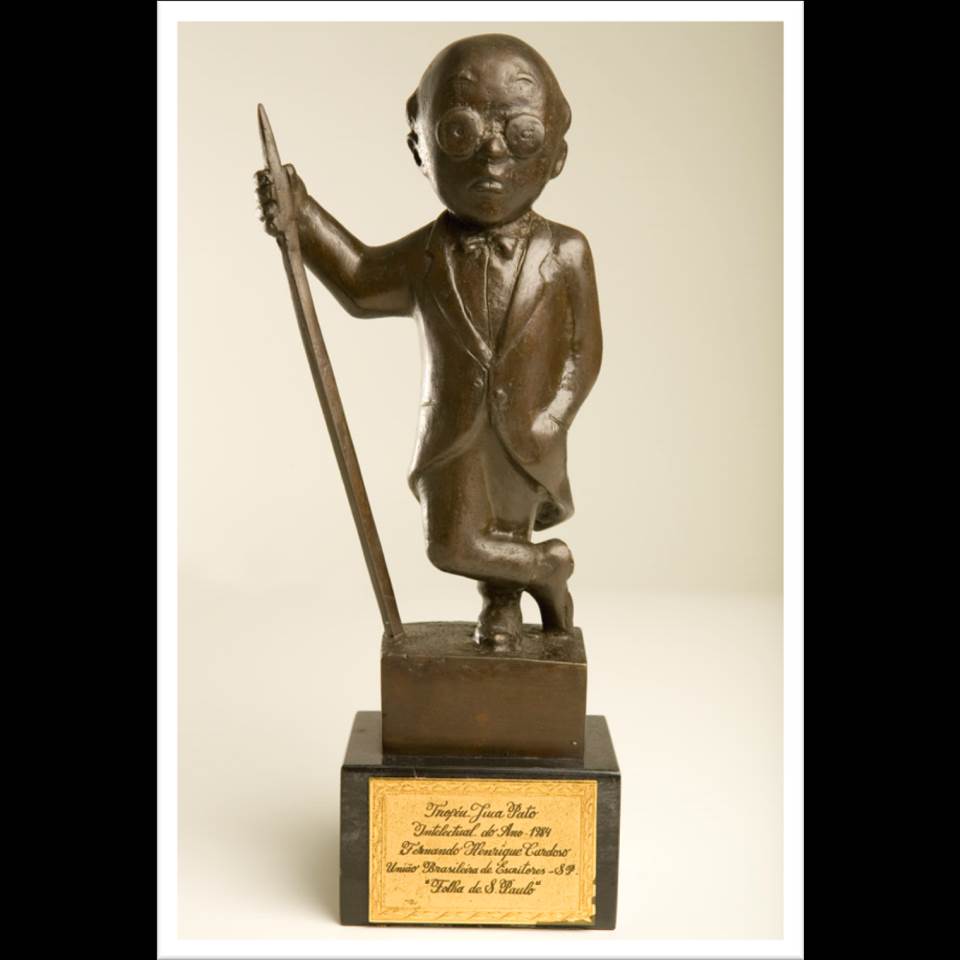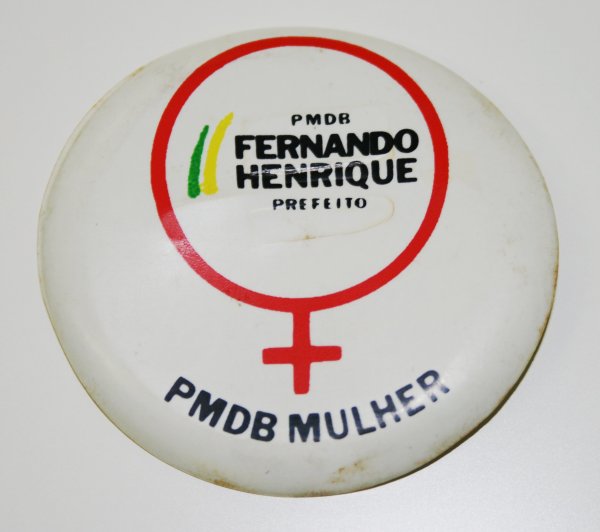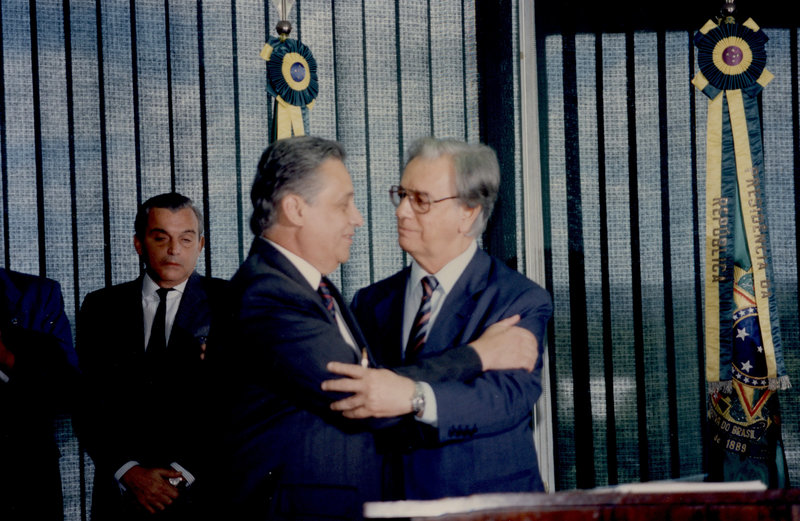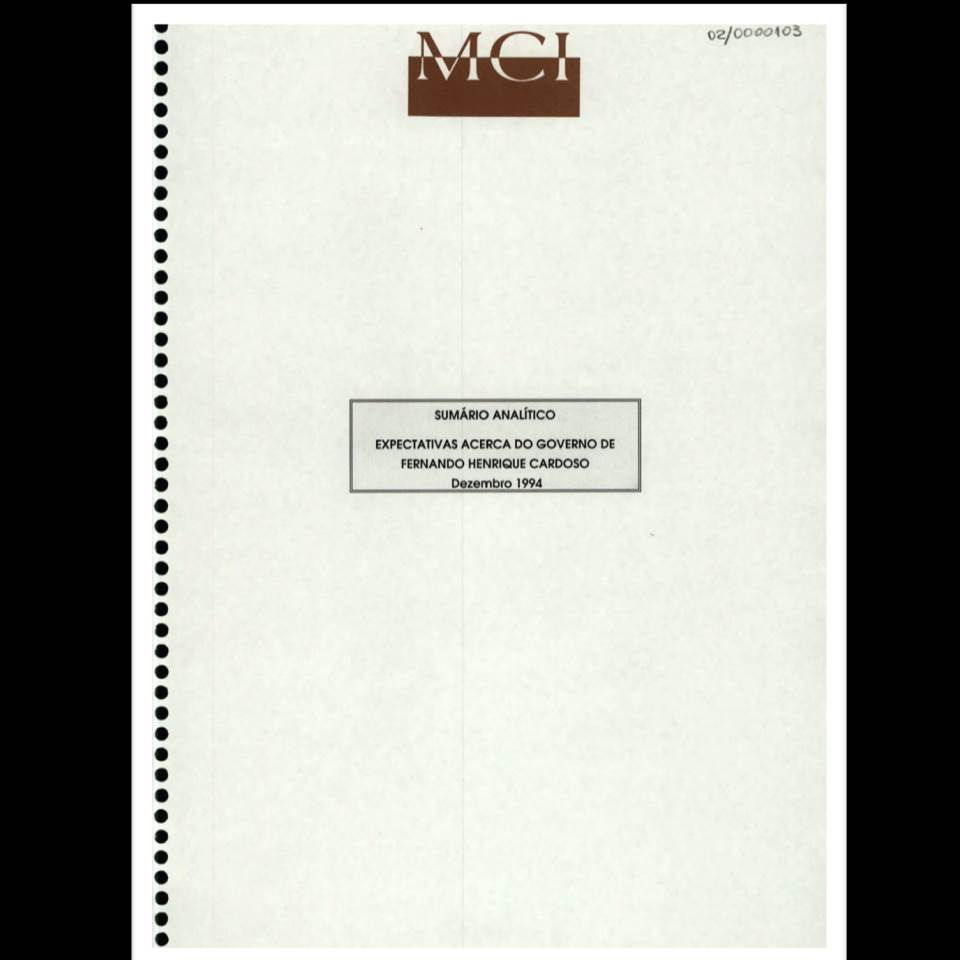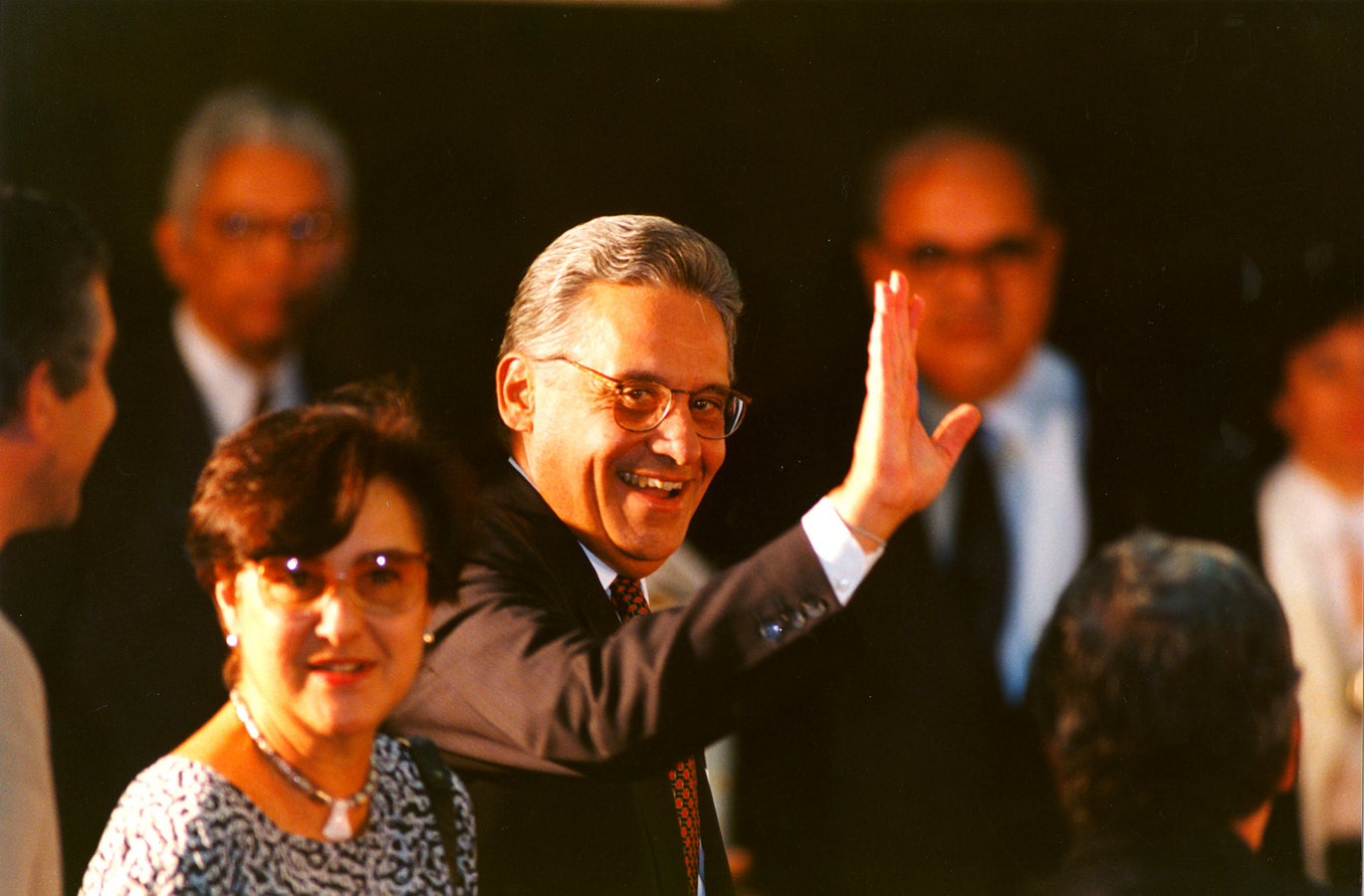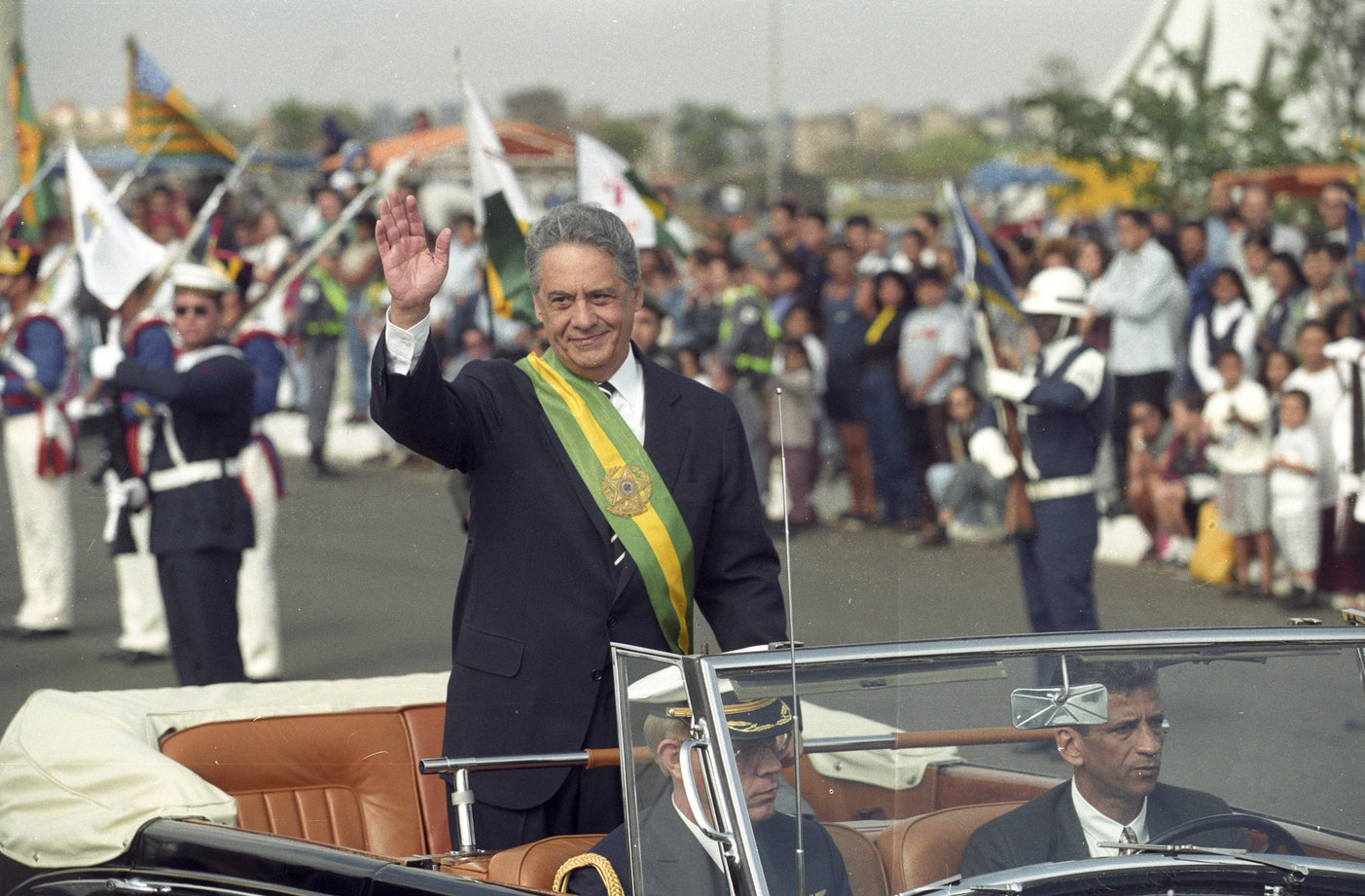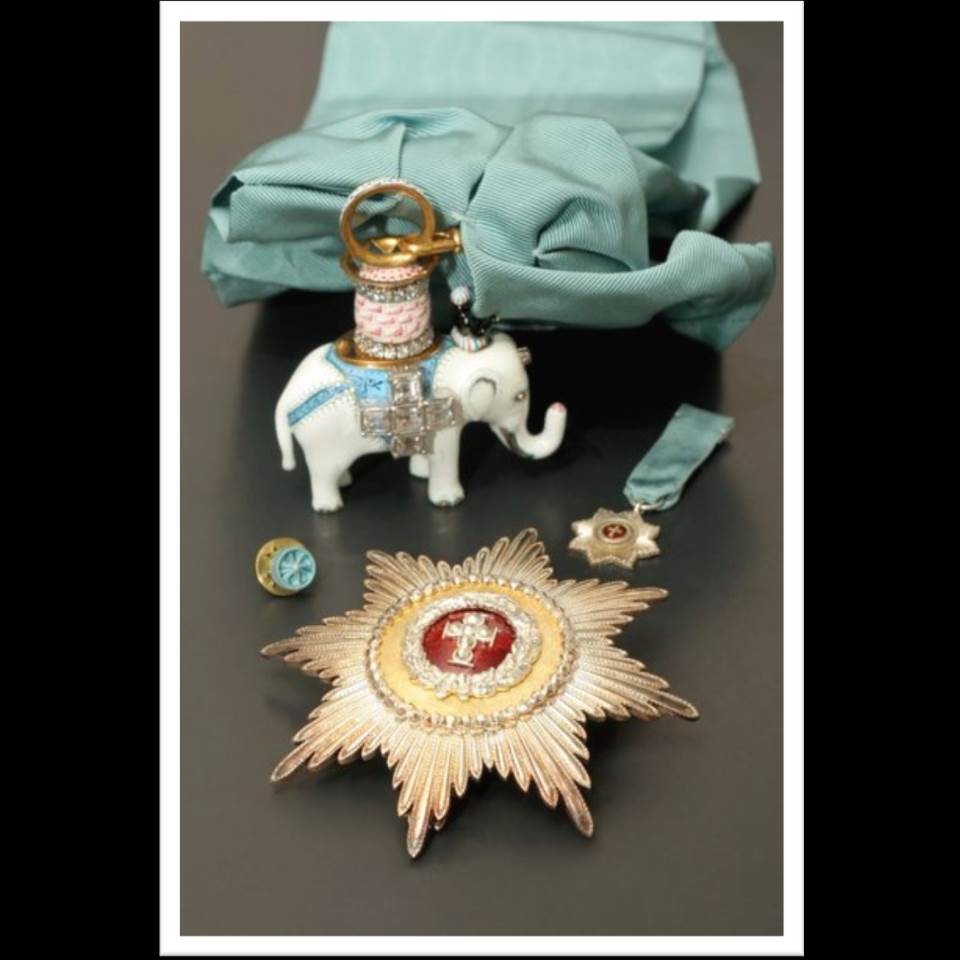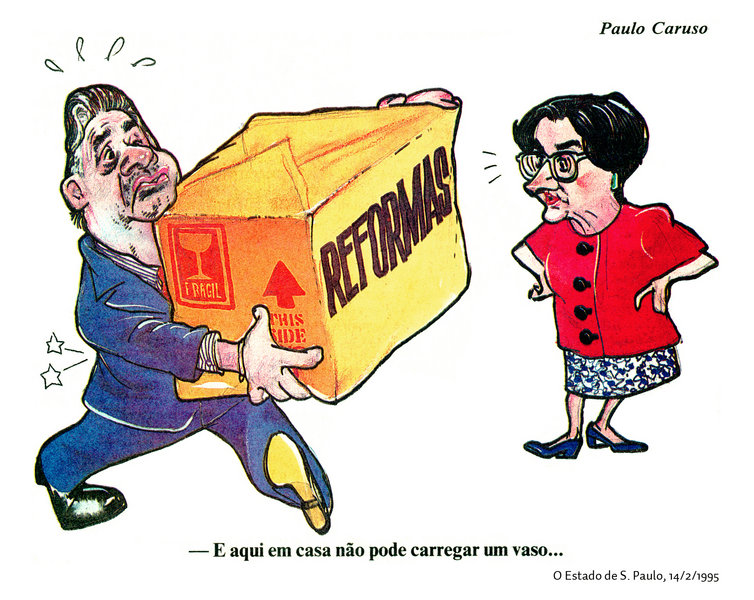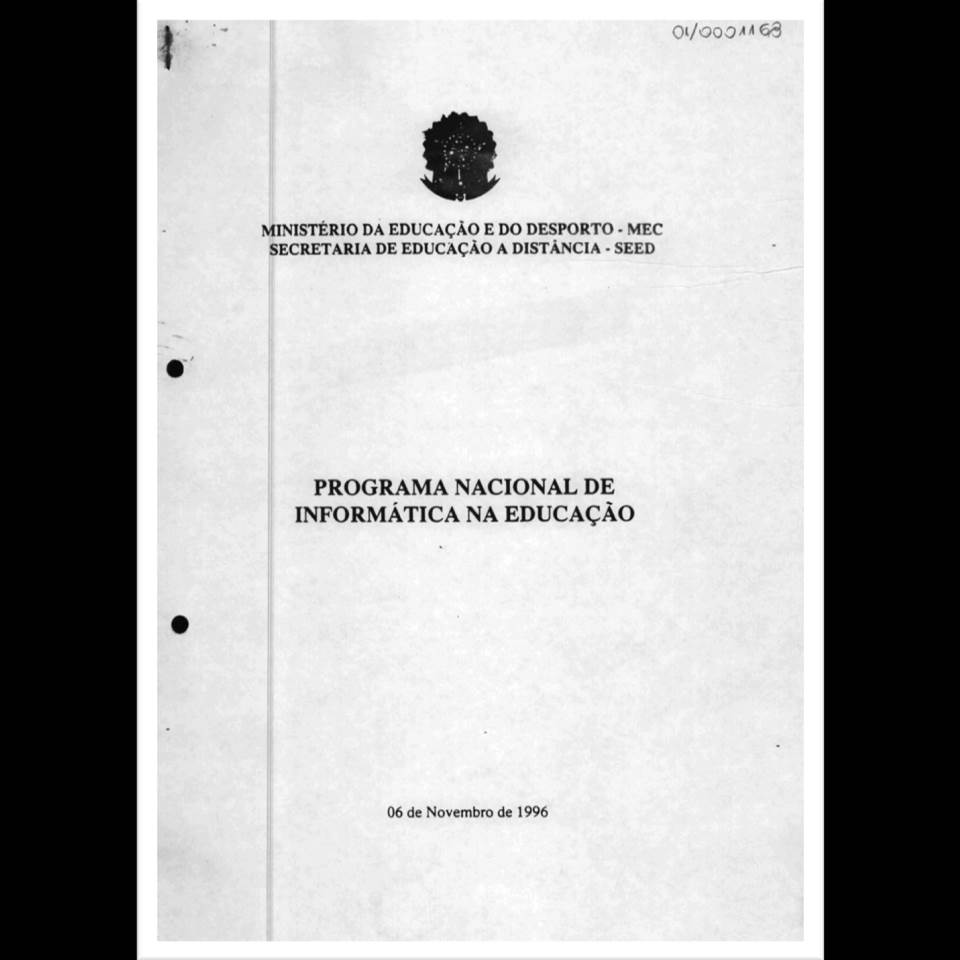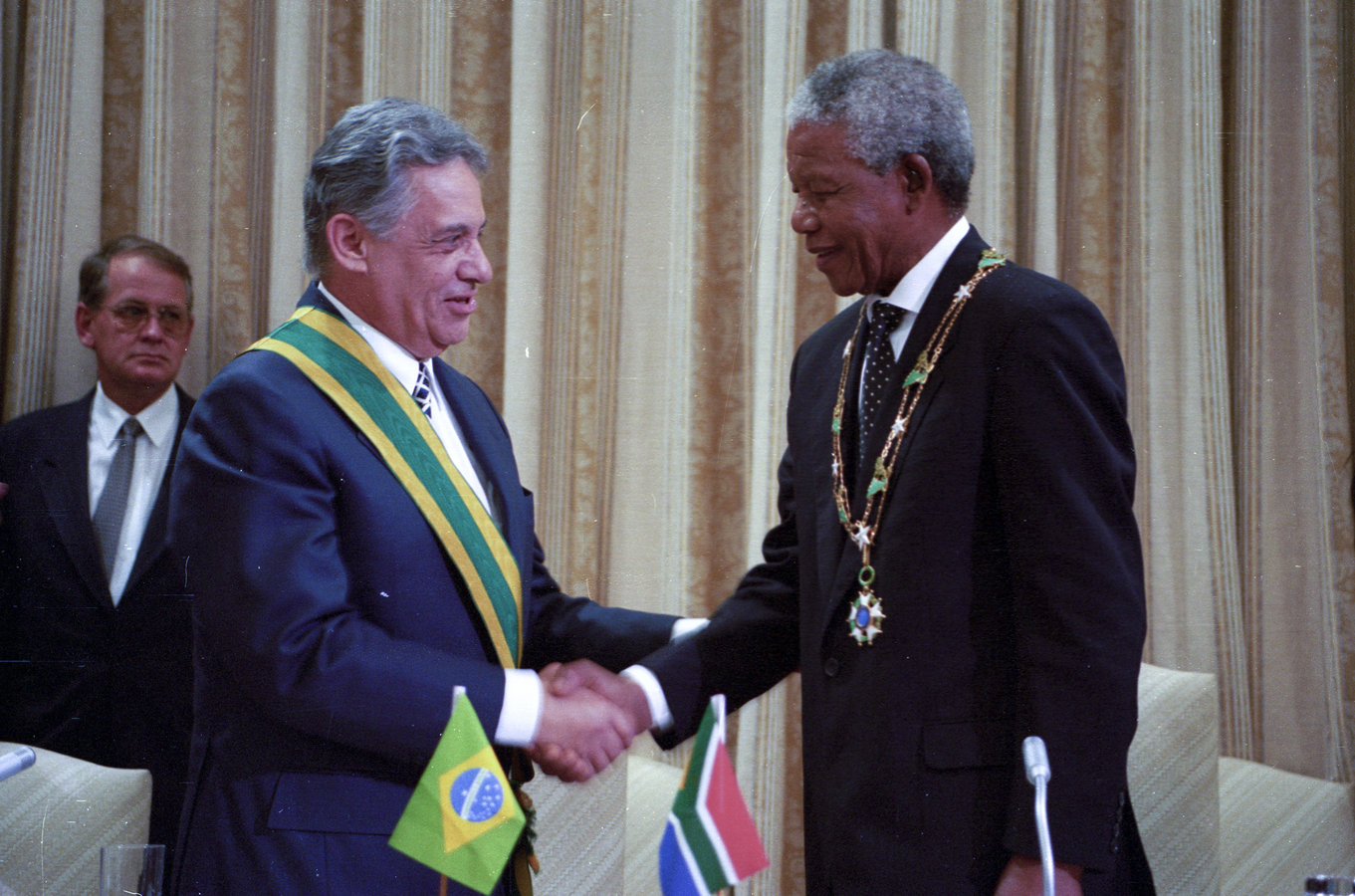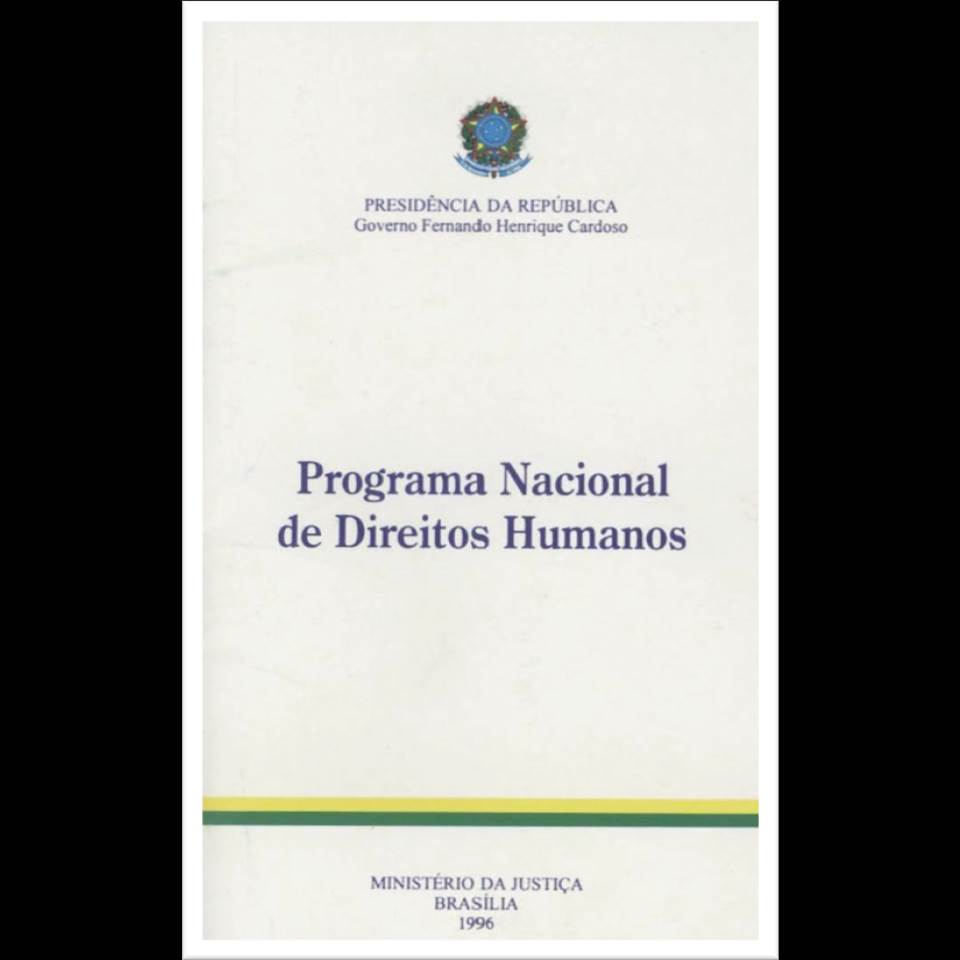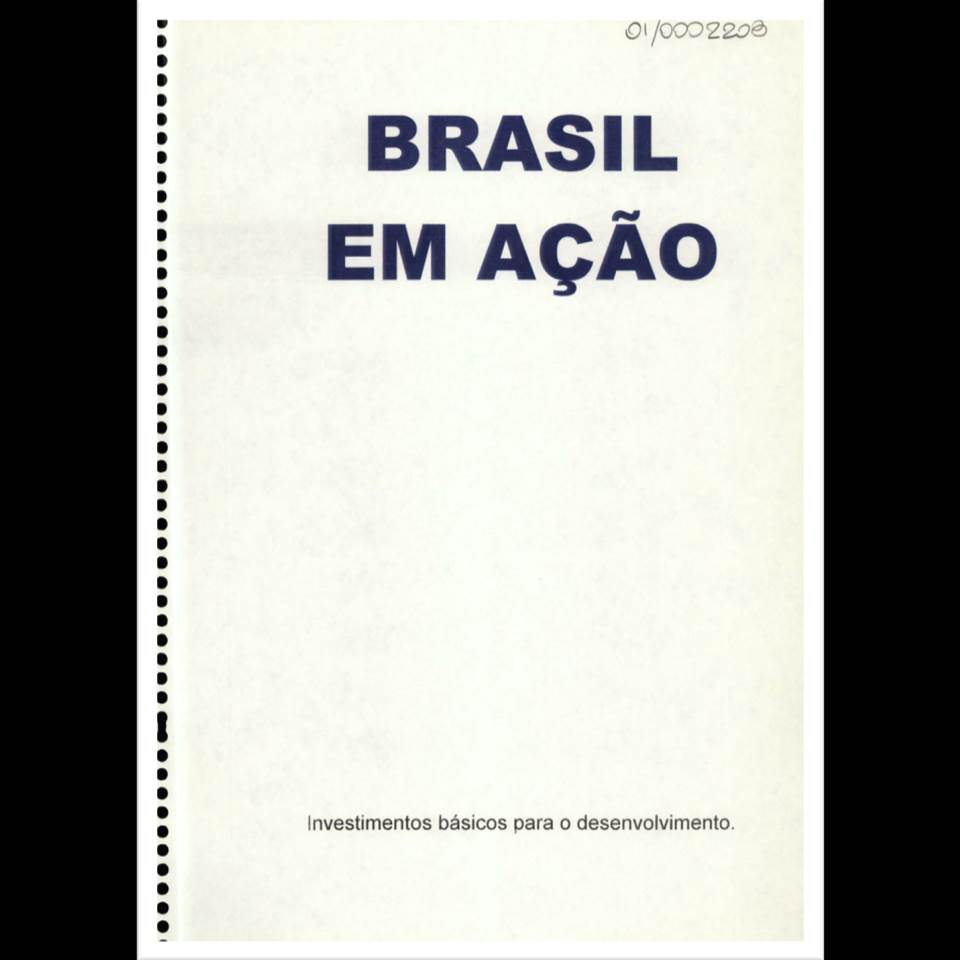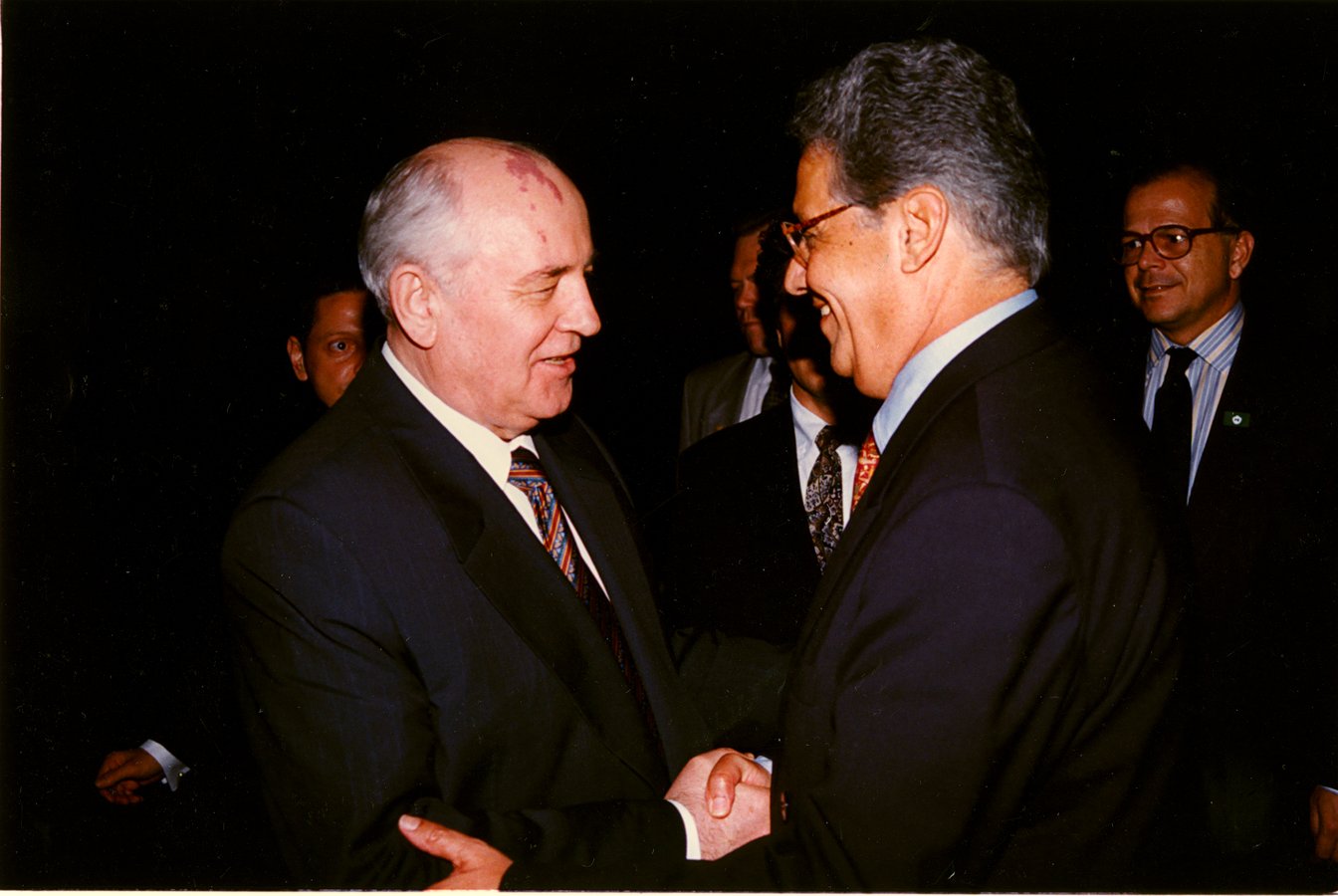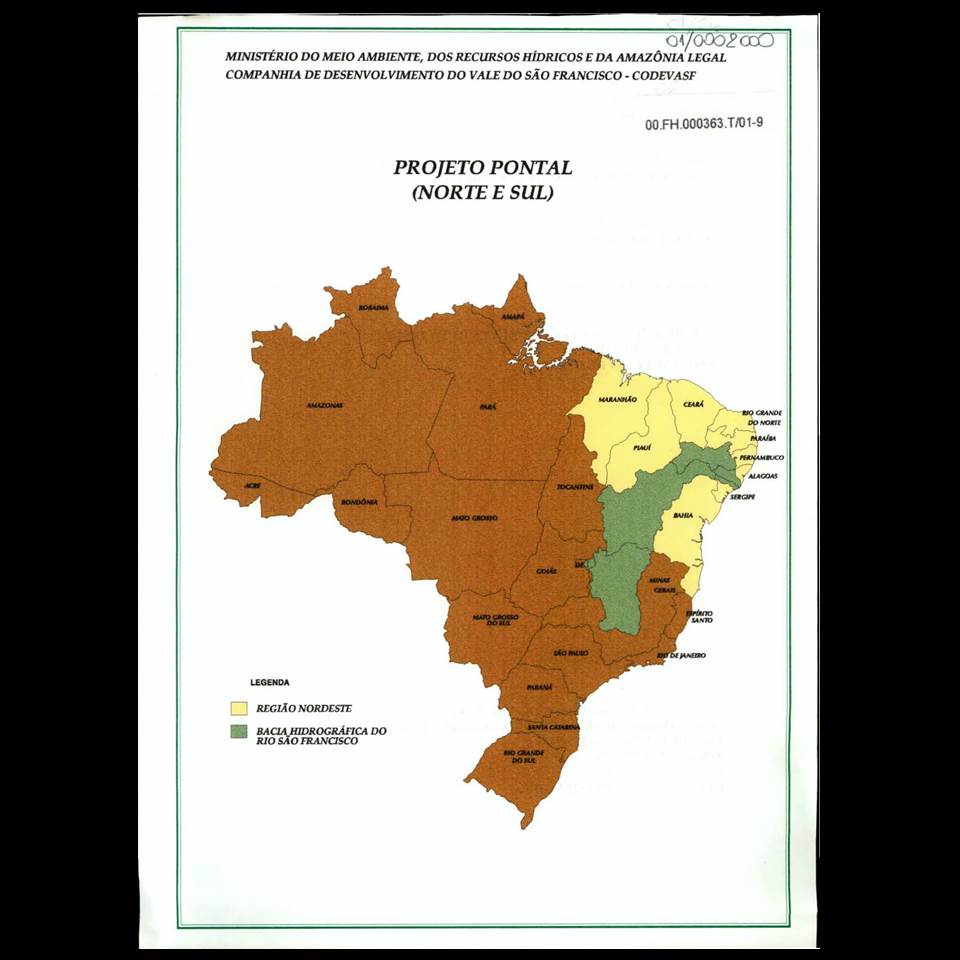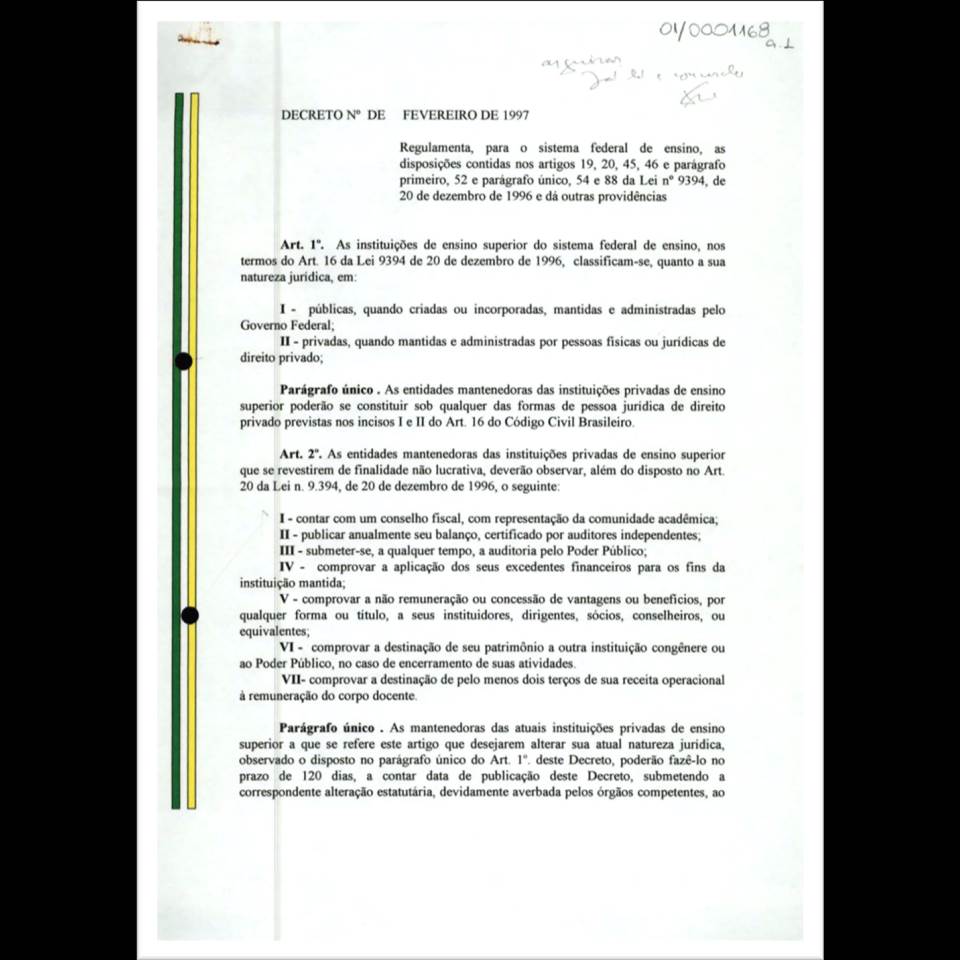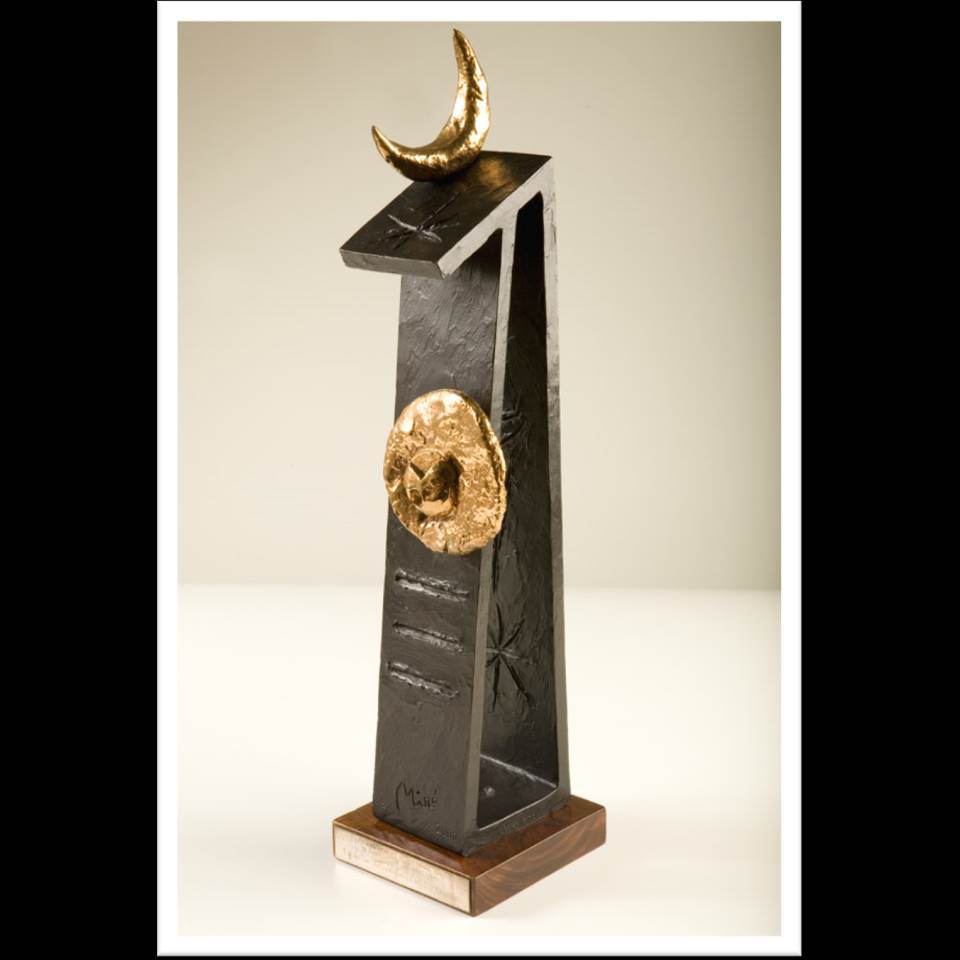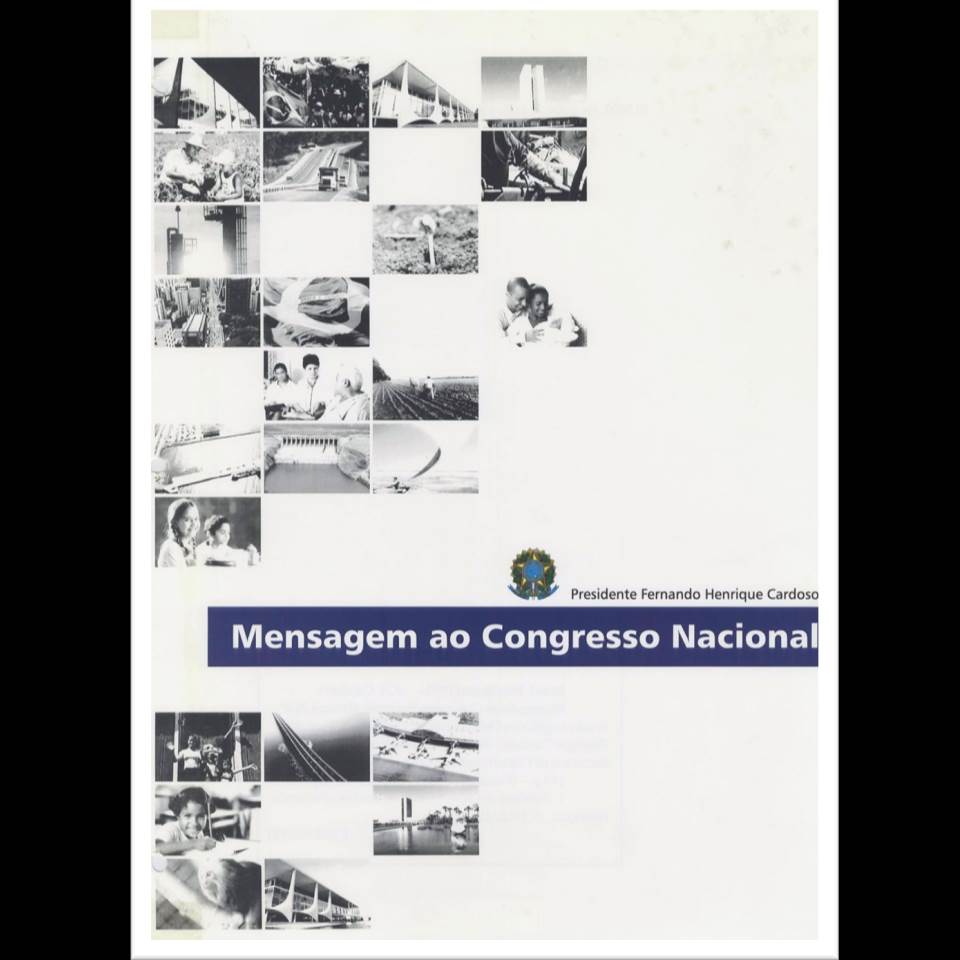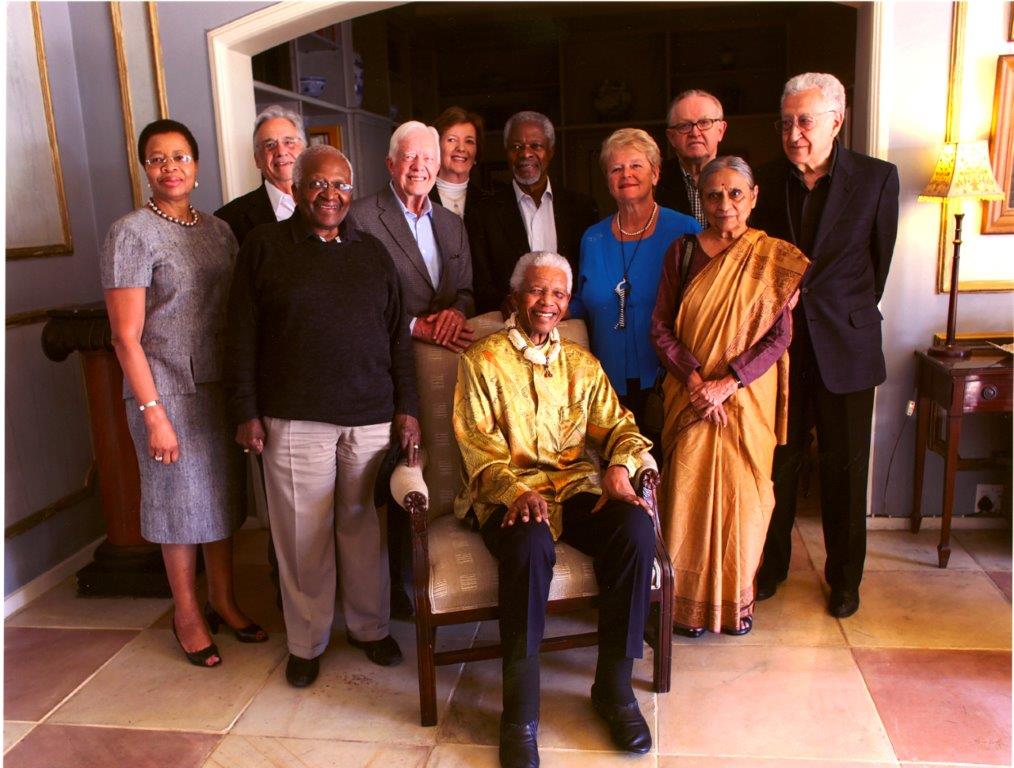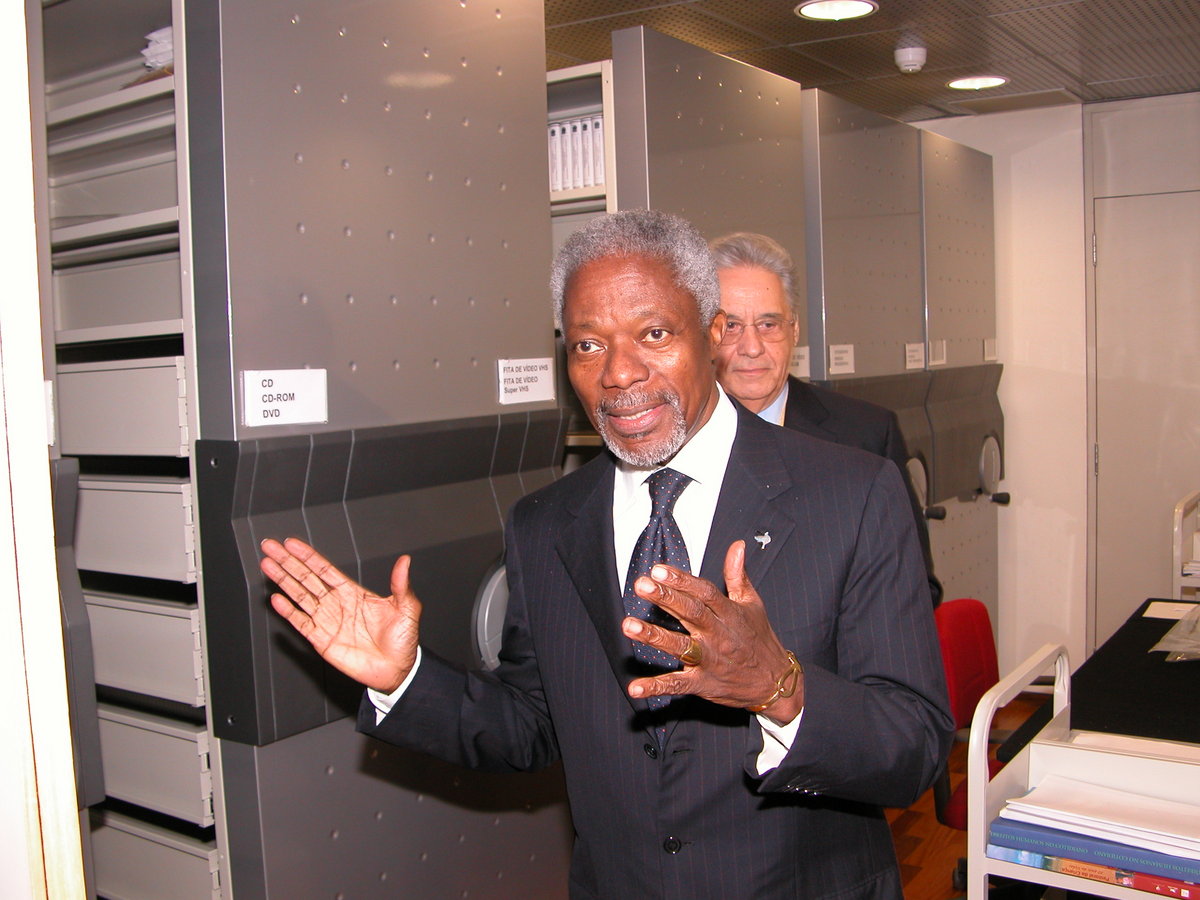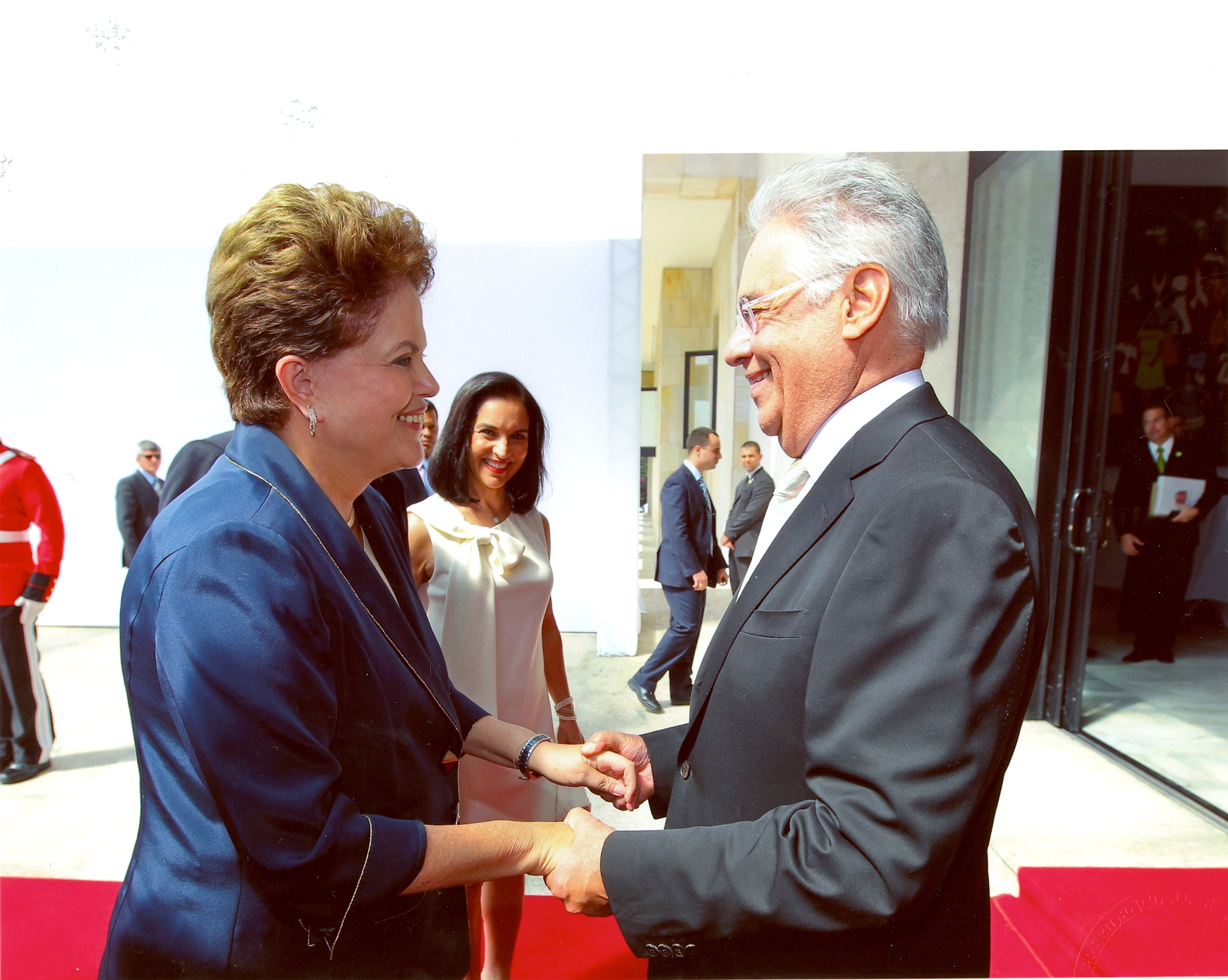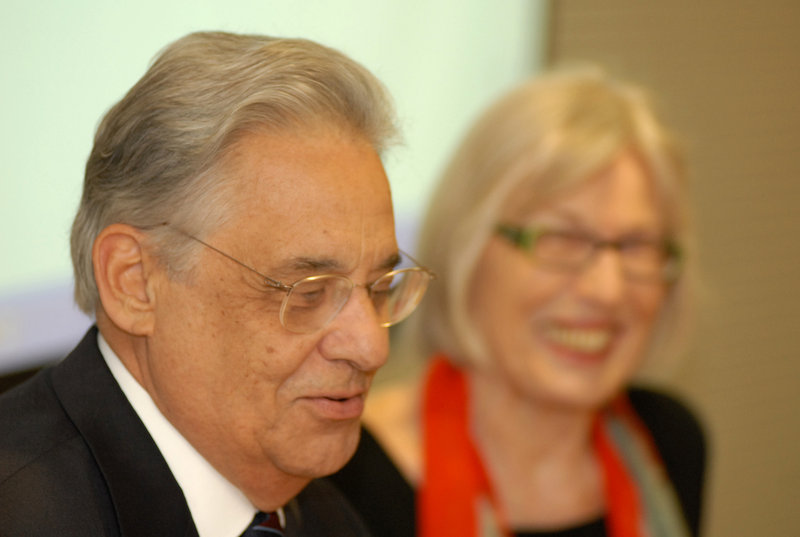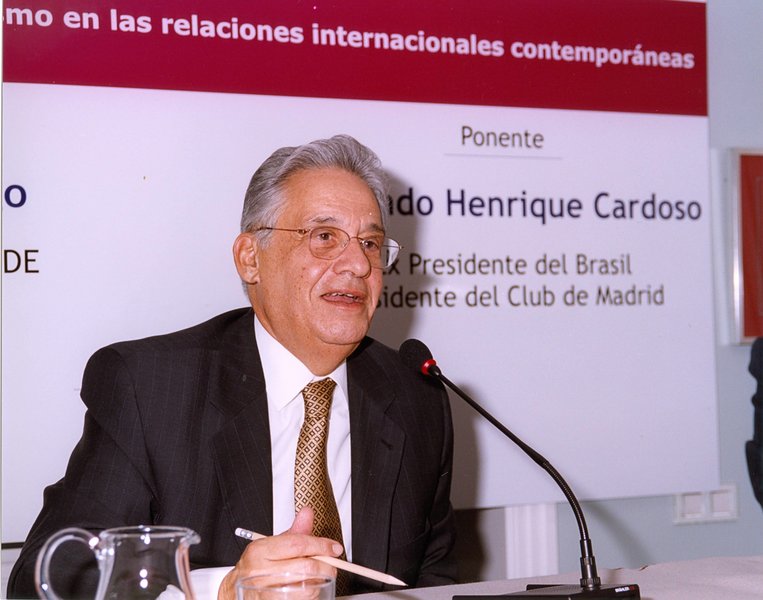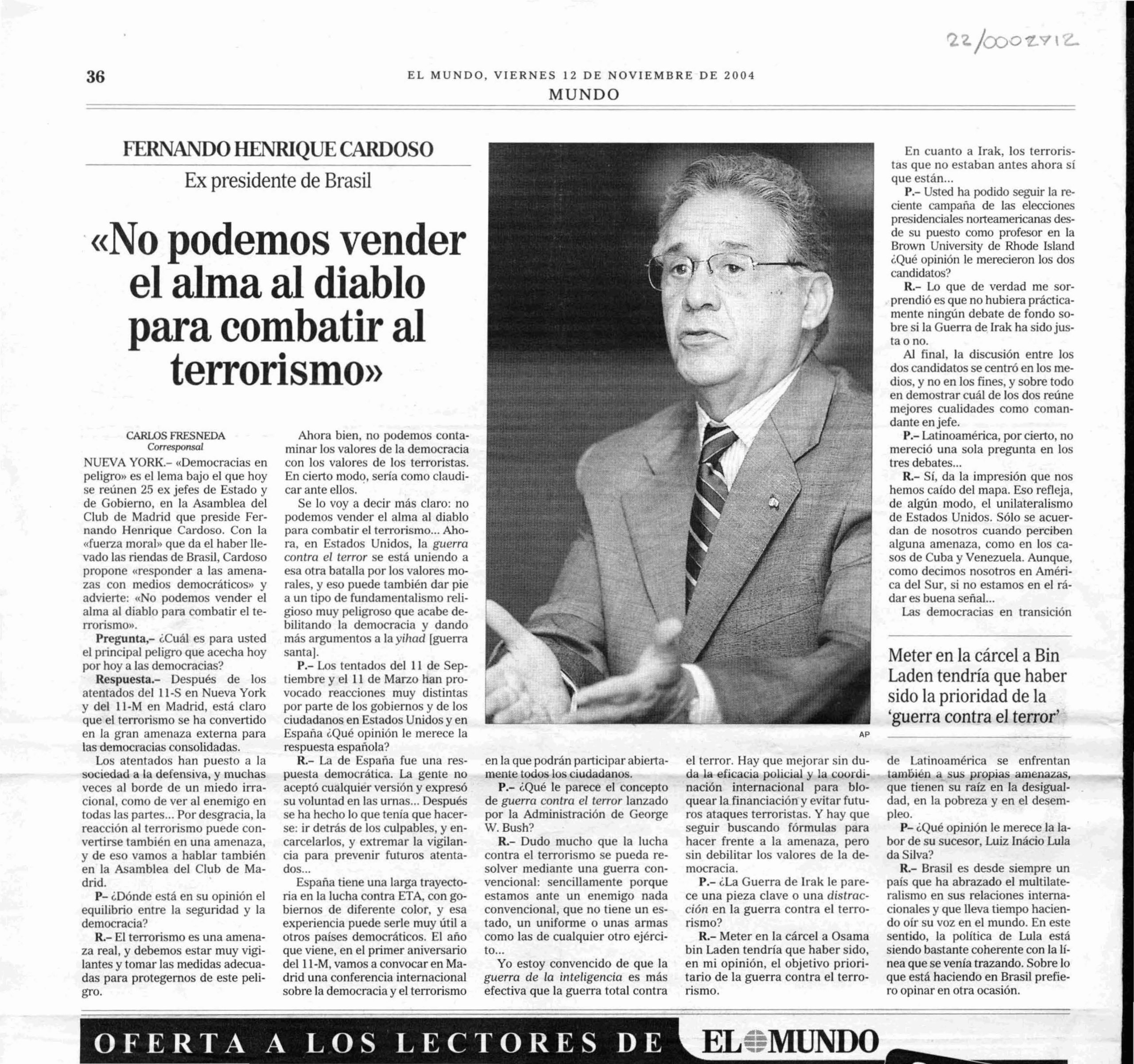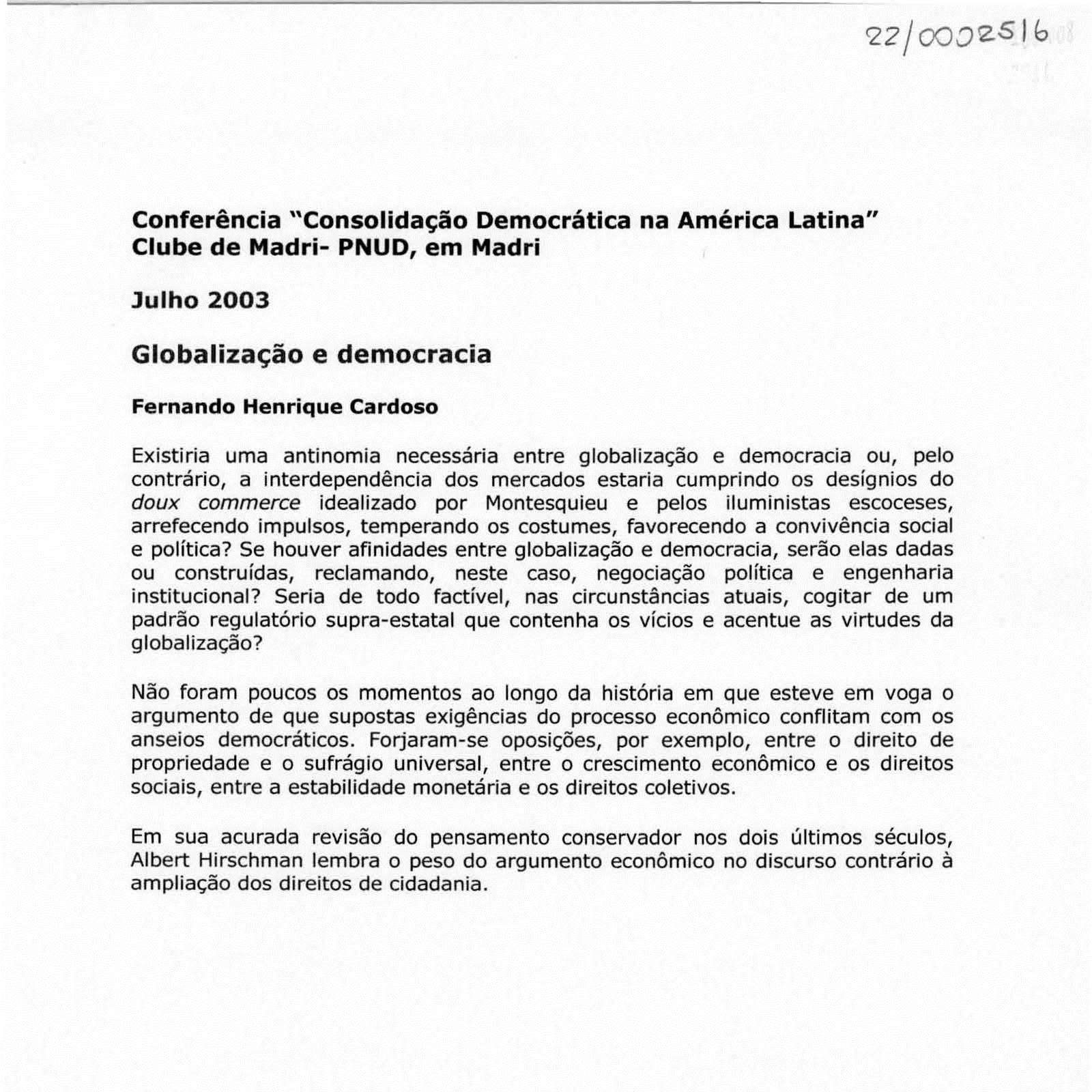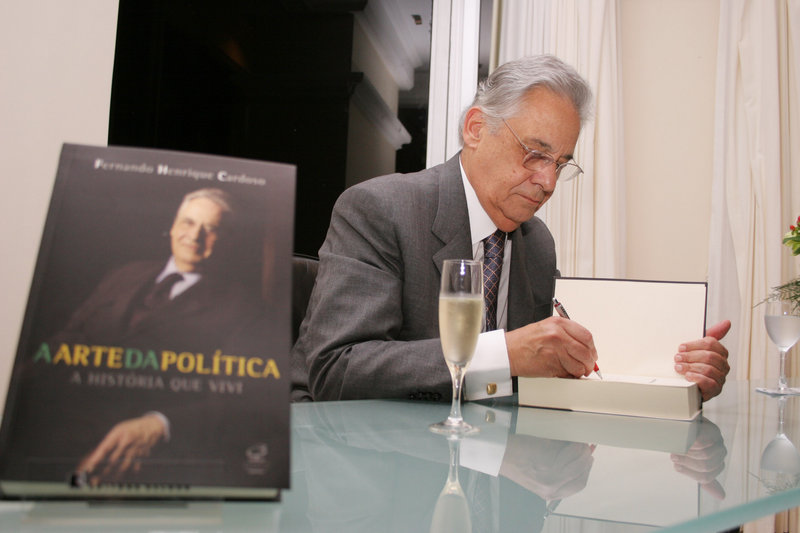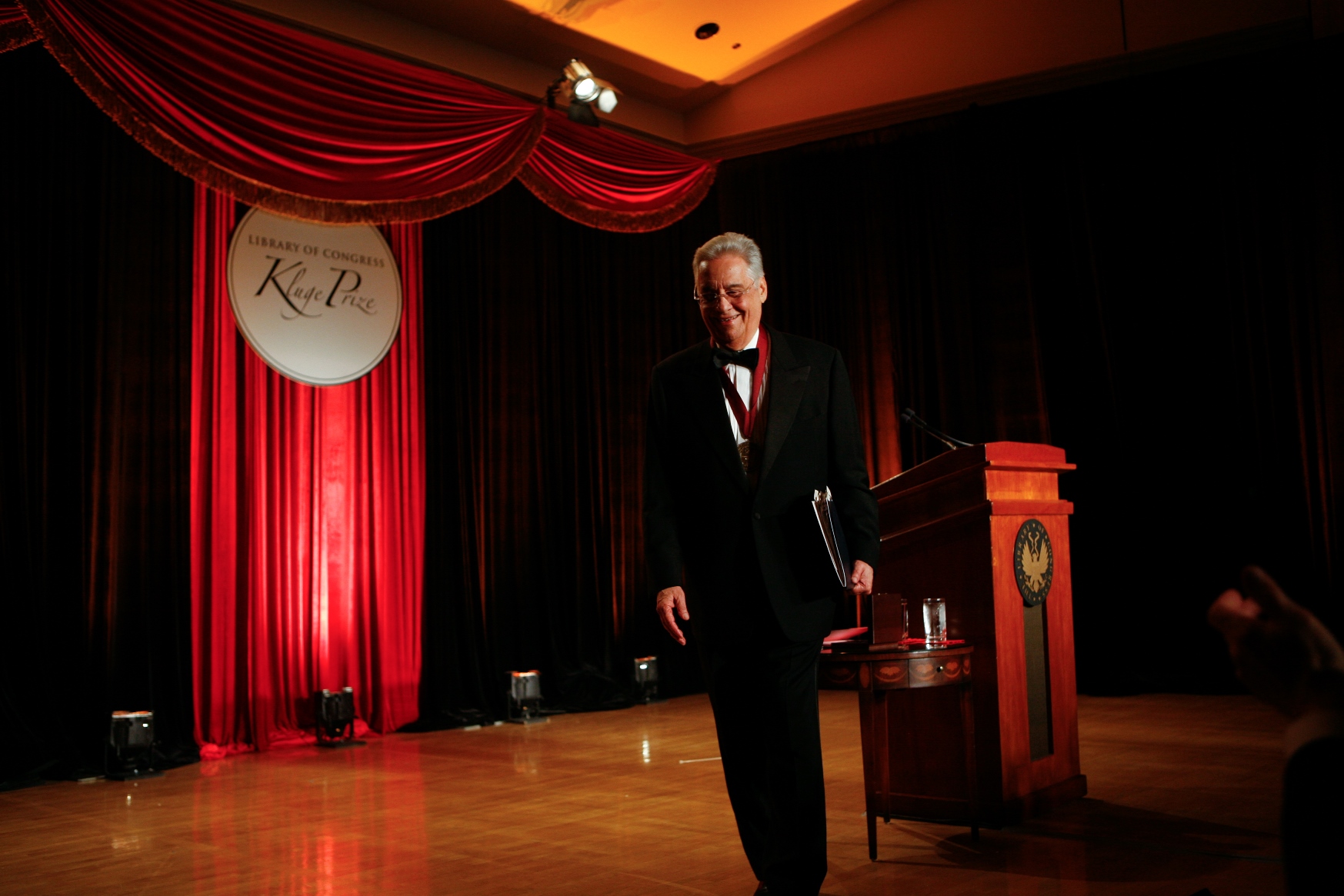Guide to the Fernando Henrique Cardoso Archive
The archive documents the family, academic, and political career of Fernando Henrique Cardoso, reflecting his areas of research, personal interests, and significant contributions to the fields he and his wife, Ruth Cardoso, were passionate about. His collection includes books and periodicals gathered throughout his public career, some of which were gifted to him as part of his professional journey.
Pre-presidential period
The first segment of the collection captures Fernando Henrique Cardoso’s early years, encompassing his childhood, educational milestones, academic and family life, research pursuits, and scholarly contributions up until his initial presidential campaign in 1994. It consists primarily of textual documents (about 175 archival boxes) and visual materials (around 2,000 photographs).
This segment includes correspondence with Social Science institutions, colleagues, friends, and students and materials from his teaching career, such as field notebooks, reading notes, and lesson plans. Additionally, documents related to his administration of the Centro Brasileiro de Análise e Planejamento (CEBRAP) are preserved here, including emblematic records reflecting the intellectual resistance against Brazil’s authoritarian military regime that began in 1964.
There is also correspondence from citizens with requests and suggestions dating back to his time as a senator and finance minister, along with records related to electoral events, including speeches, interviews, opinion poll reports, and photographic coverage. Press clippings trace the arc of his public career.
Presidential period
The materials accumulated over his two presidential terms primarily consist of private documentation deemed of public interest under the Archives Act (Law no. 8.394, of December 30, 1991), which were handled by the Personal Cabinet. This documentation includes diverse materials from direct advisors, ministers, and other Executive Branch members, as well as from parliamentarians, business leaders, and citizens. These include reports, trip preparation notes, technical opinions, honors, schedules, brochures, and more. In smaller quantities, the collection contains projects, proposals, and programs submitted by various institutions and individuals for the president’s review.
The bulk of the textual documents spans over a thousand archival boxes, featuring correspondence from government officials, institutions, friends, and everyday citizens. This correspondence reflects a sample of 10% of the total received during his presidency, with the remaining items donated to the National Archives. Campaign materials and advocacy documents submitted by diverse movements often include denunciations, typically tied to human rights issues.
Post-presidential period
After completing his second term in 2003, Fernando Henrique Cardoso resumed his roles as a professor, lecturer, author, and advisor to national and international organizations. The collection from this period includes documents in various languages and formats that record his activities with entities such as the Club de Madrid, the Inter-American Dialogue, The Elders, special UN commissions, and the Fundação FHC.
These records encompass correspondence, reports, projects, press releases, certificates, diplomas, and photographic and television coverage. Commemorative medals and other tokens presented to FHC are also part of this extensive and varied archiver.





